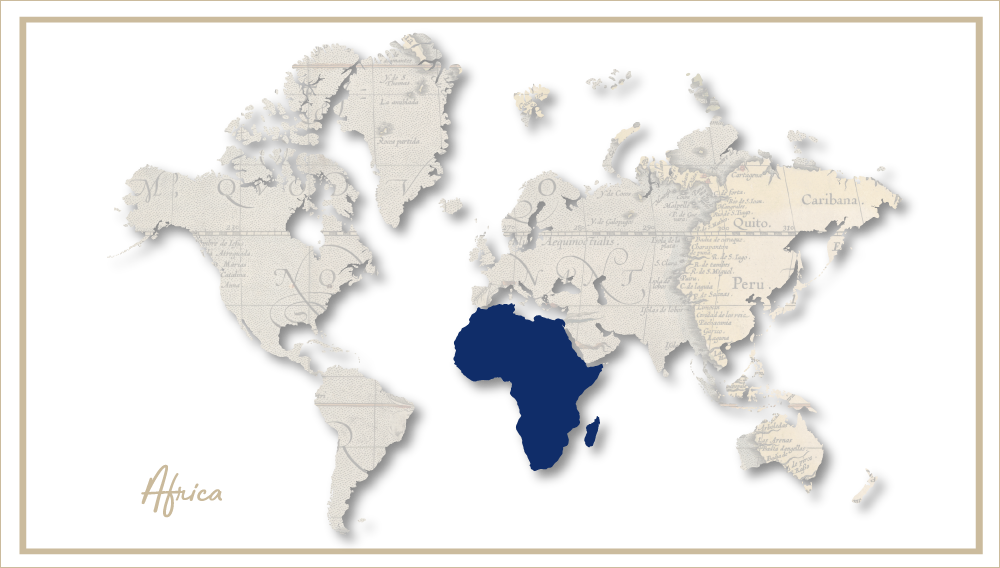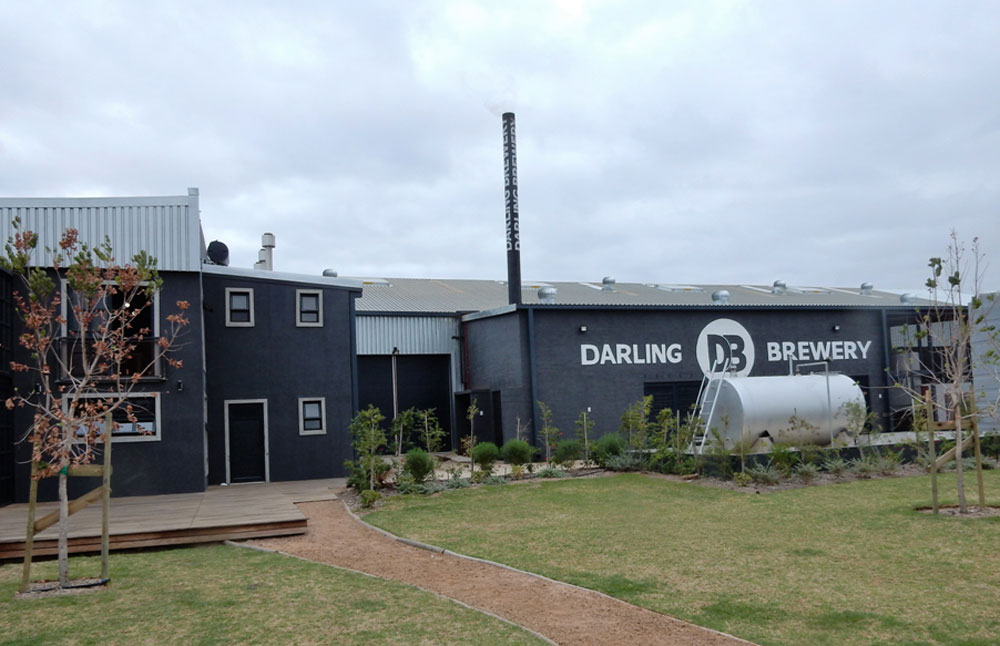Darling becomes Africa’s first carbon neutral brewery
Every little step counts. In an effort to balance its carbon emissions, the South African craft brewer Darling Brew, located in the village of Darling about 70 km north of Cape Town, is aiming to offset a total of 688 tons of CO2 over the next year of production. This will be equivalent to the elimination of the same amount of carbon from the environment as that achieved by growing 17,000 tree seedlings for ten years.
In pursuit of this target, Darling Brew has calculated its carbon footprint by means of a greenhouse gas audit. This carbon footprint will be offset through impactChoice, a provider of end-to-end environmental sustainability solutions, who also ensures the emissions are offset via responsible carbon capturing and reduction projects.
In order to simplify how much impact humans have on the environment, scientists have converted all impacts to one measurable yardstick: carbon emissions. Carbon emissions refer to the amount of greenhouse gas released into the atmosphere as a result of human activity, such as burning of fossil fuels. This is measured in metric tons of CO2.
ImpactChoices’ technology provides a unique solution in that it enables Darling Brew to apportion these emissions through its brewing process and then mitigate these through the purchase of certified carbon credits. This results in a carbon neutral brewery and line of beers.
The financial benefits of these carbon credit purchases are received by the Kariba REDD+ project in northern Zimbabwe, which works with communities to rehabilitate forests and through sustainable farming practices whilst ensuring gender parity and social upliftment. REDD+ is an acronym for Reducing Emissions from Deforestation and Forest Degradation and the carbon offsets are validated by the Verified Carbon Standard, the Gold Standard and the Plan Vivo.
In 2016, Darling Brew released Africa’s first carbon neutral beer, Blood Serpent, with the intention of later extending it across the range. Blood Serpent was seen as a catalyst for greater sustainability efforts within the African brewing industry, especially when it comes to decarbonisation and company buy-in for carbon neutrality. The beer was celebrated by fans and media alike for being a genuine innovation.
With a capacity of around 25,000 hl beer annually, Darling Brew has been on a sustainability journey since opening in 2010. Its line of beers was created with a view towards driving awareness on animal conservation in Africa. “It’s not about doing what we like with our operations and just offsetting our impact,” says Kevin Wood, owner and founder of Darling Brew, “it’s about our commitment to continuously reducing our carbon footprint as much as possible whilst using the offsetting process as a way of further redressing our impact.”
In order to ensure that the brewery is reducing its emissions, Darling Brew has teamed up with sustainability consultants Ecolution Consulting who, in addition to guiding the brewery through the carbon offsetting process, are working with Darling Brew to reduce the water and energy consumption, as well as the brewery’s waste to landfill percentage. “We are identifying short and long-term strategies to ensure that Darling Brew continues to travel further along their sustainability journey,” says André Harms, sustainability engineer and founder of Ecolution Consulting. “This started with the procedure of tracking and recording consumption and waste data to ensure that real progress is being made.”
The brewery, which is a well-known destination spot for craft beer in the country, has recently taken to displaying its sustainability journey prominently in the brewery’s restaurant and taproom area. Statistics concerning water, waste, energy and carbon are being displayed from month to month to raise awareness for the environment among its patrons.
In addition to the carbon offsetting and consumption tracking, Darling Brew has already implemented a series of sustainability initiatives in the brewery. This includes water efficient fittings, waterless urinals, ongoing recycling and food waste management and the use of upcycled furniture and recycled wood in the brewery and taproom area. “We are excited to progress on this journey,” says Mr Wood. “Going carbon neutral is a massive step for us, but certainly not the last.”
Darling Brew was among the first craft breweries in South Africa and is well-known for its award-winning beers. It offers a wide range of beers styles that are loved for their flavour, high quality ingredients and slow brewing process.
Each beer in the range has unique characteristics and an inspiring story dedicated to the endangered creature it honours and supports through various conservation programmes.
Darling Brew is available across South Africa in bottles and on tap at approved outlets. 5 litre party kegs are also available from selected distributors.


